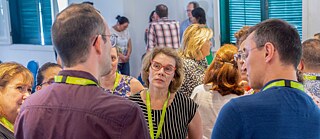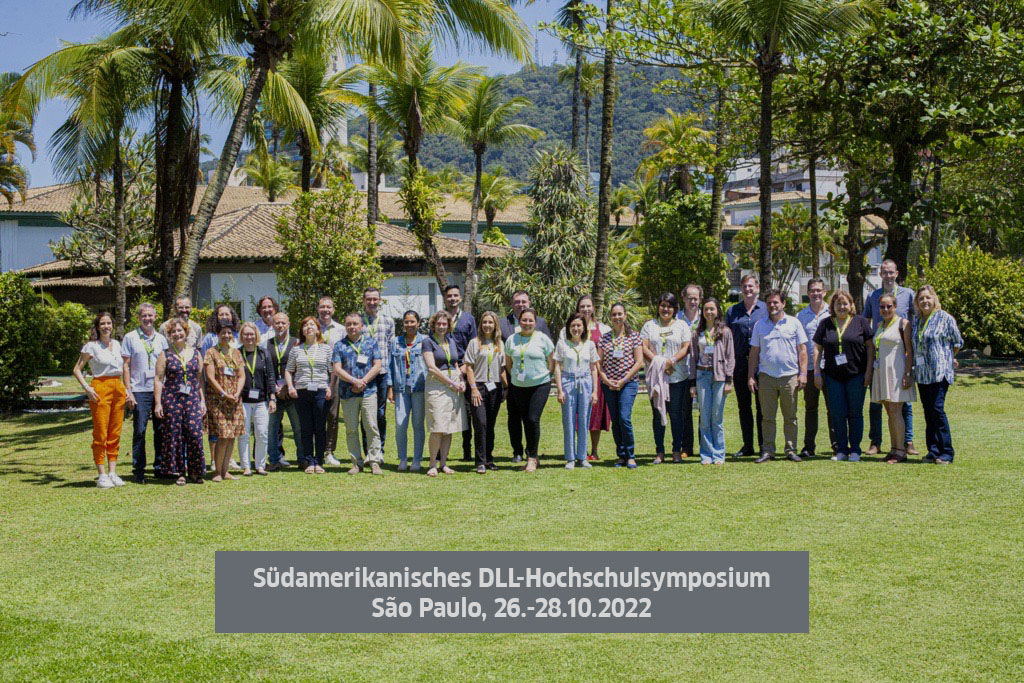Joining Forces to Improve German Teacher Training
South American Universities Forge a New German-Teaching Network

Well-trained German language teachers are a prerequisite for effective German teaching programs. Which is why a score of universities in South America are joining forces to shore up their German teacher training programmes – with help from the Goethe-Institut.
By Janna Degener-Storr
Rafael D. Deschka, the Goethe-Institut’s head of language teaching programmes for South America, championed the idea of getting universities to work together in order to create optimum conditions for successful German language teaching in the region. “Many South American parents want their kids to learn German so as to improve their career prospects,” he explains. “Practically oriented and skills-enhancing German courses will prepare them for dual education and university studies in Germany, for example.” The partnership will also provide a concrete incentive that will improve job prospects for (aspiring) German teachers.
Minimum standards of German proficiency
To qualify for this cooperative programme, students need to have at the very least a solid B1 level of German proficiency. “Many students in South America haven’t even reached this level by the end of their studies,” observes Dr Renato Ferreira da Silva, in charge of cooperation on German teaching at the Goethe-Institut São Paulo. “But if they start their studies with the prospect of obtaining a Goethe-Institut certificate, this may motivate them to show more commitment to learning German.” And it’s likely to be a positive challenge for their teachers, too, he adds.The participating universities are also expecting to reap advantages from cooperation with the Goethe-Institut.
In Brazil, for instance, the university in Niterói will soon be offering an elective that covers the content of the DLL module on curriculum guidelines and lesson planning. The university hopes the new partnership will improve the quality of its German language programme in the long term.
The university in Florianópolis, another Brazilian city, has already worked elements of DLL modules into its curriculum and is turning its teachers into teacher trainers. Under the terms of a soon-to-be-signed cooperation agreement, students will be able to take Goethe-Institut teacher-training modules alongside their regular curriculum. “This way, they can obtain the Goethe-Institut certificate, which will enhance their résumés,” explains Dr Gabriel Teixeira, a member of the university staff.
And a university in Córdoba, Argentina, which is already engaged in cooperation not only with the Goethe-Institut but also with the German Academic Exchange Service’s “Lectors’ Programme” (DAAD-Lektorenprogramm) as well as with another university in Argentina and several German schools in Argentina, sees the new network as an opportunity to bolster its German department and boost the image of the university as a whole.
